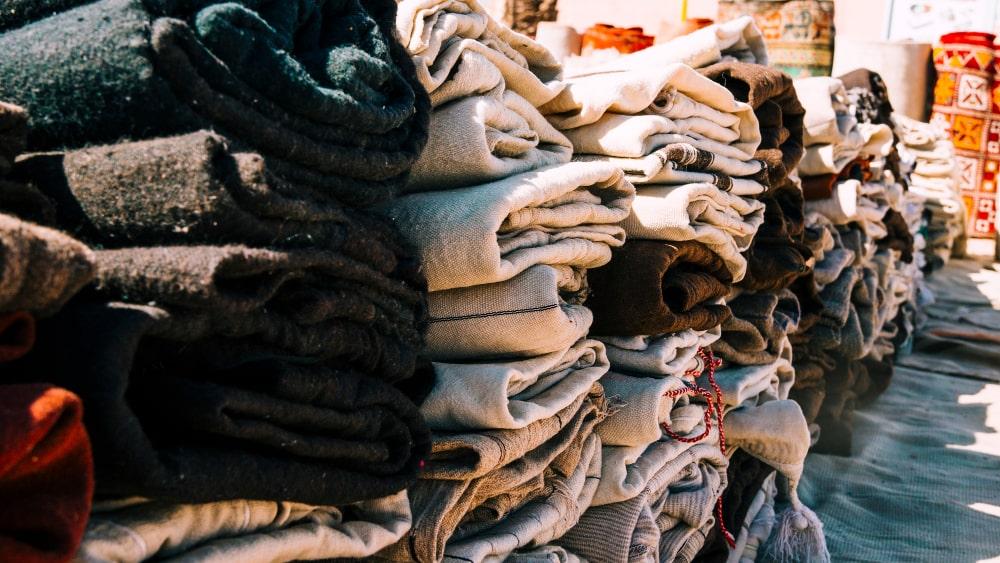
Benefits of Textile Recycling: A Sustainable Approach to Waste Management
Textile recycling plays a crucial role in promoting social responsibility and sustainable practices within our society. It not only benefits businesses financially by avoiding landfill fees but also has far-reaching effects that contribute to a greater sense of social responsibility. By engaging in textile recycling, companies can make a positive impact on the environment, support vulnerable workers, contribute to charitable causes, and facilitate the redistribution of clothing to areas in need.
Benefits of Textile Recycling:
Affordable High-Quality Clothing: Recycled textiles can be transformed into clothing of high quality at a lower cost, providing consumers with affordable and sustainable fashion options.
Reduced Disposal Costs: By diverting used textiles from landfills, recycling reduces disposal costs associated with waste management. This not only benefits businesses but also helps in reducing the strain on landfill capacities.
Environmental Conservation: Textile recycling plays a crucial role in safeguarding the planet for future generations. By diverting textiles from landfills, we reduce pollution and conserve energy that would otherwise be consumed in the production of new textiles.
Natural and Economic Advantages: Recycling textiles offers both environmental and economic advantages. It minimizes the depletion of natural resources and helps create a circular economy by extending the lifespan of textiles through reuse and recycling.
Pressure Reduction on New Resources: By recycling textiles, we alleviate the pressure on new resources such as water, energy, and raw materials needed for textile production. This promotes a more sustainable and responsible approach to resource utilization.
Reduced Need for Dyes and Fixing Agents: Textile recycling reduces the demand for new dyes and fixing agents, thereby minimizing the release of potentially harmful chemicals into the environment. This contributes to a cleaner and healthier ecosystem.
Conclusion
Engaging in textile recycling is not only financially beneficial for businesses but also plays a vital role in promoting sustainability and social responsibility. From the production of affordable high-quality clothing to the conservation of resources and reduction of pollution, the advantages of textile recycling are significant. By embracing this sustainable approach to waste management, we can contribute to a better future for both the environment and society as a whole.
Join the movement towards sustainable fashion and responsible waste management. Explore Vatsal Exports LLP’s textile recycling solutions and be a part of the positive change today.
